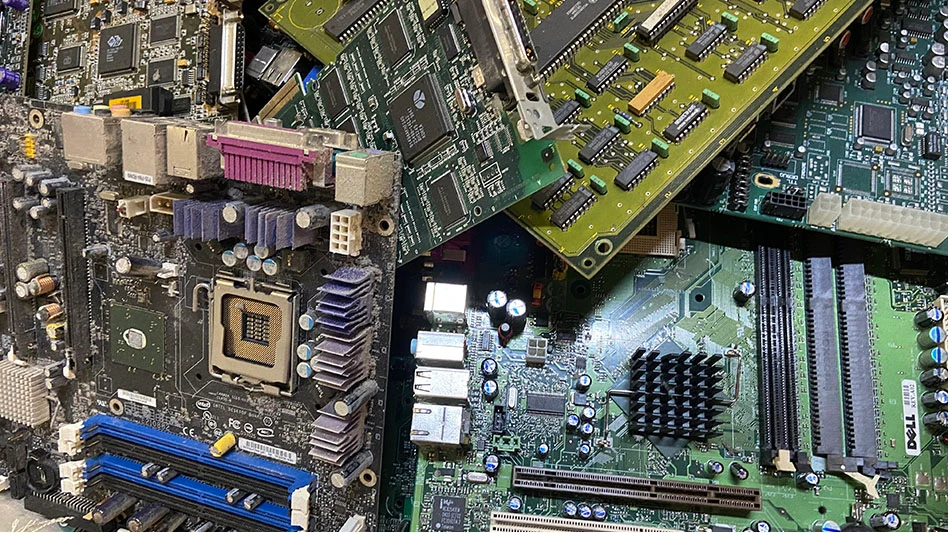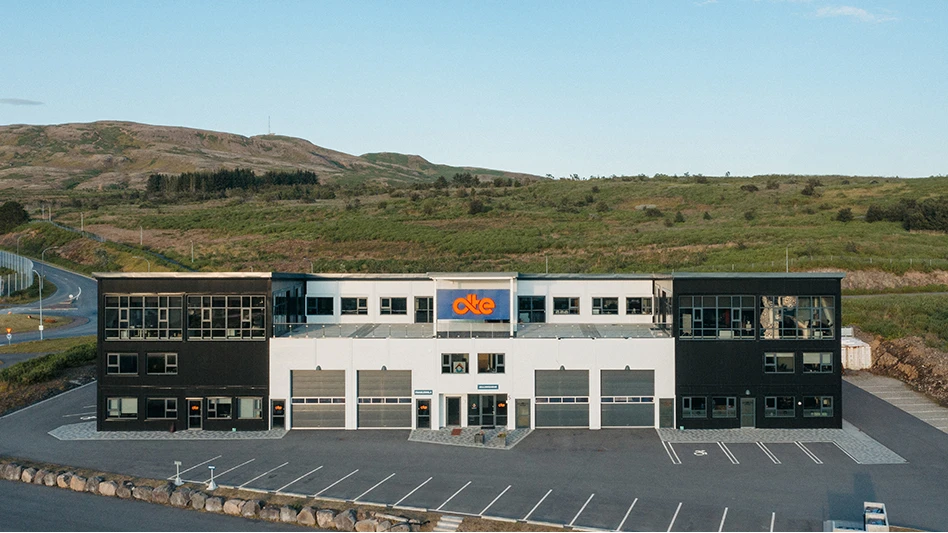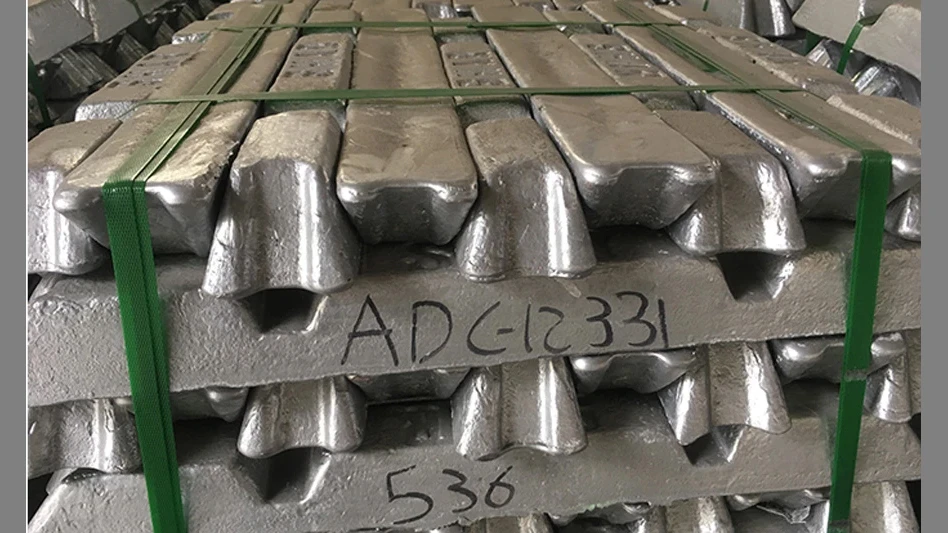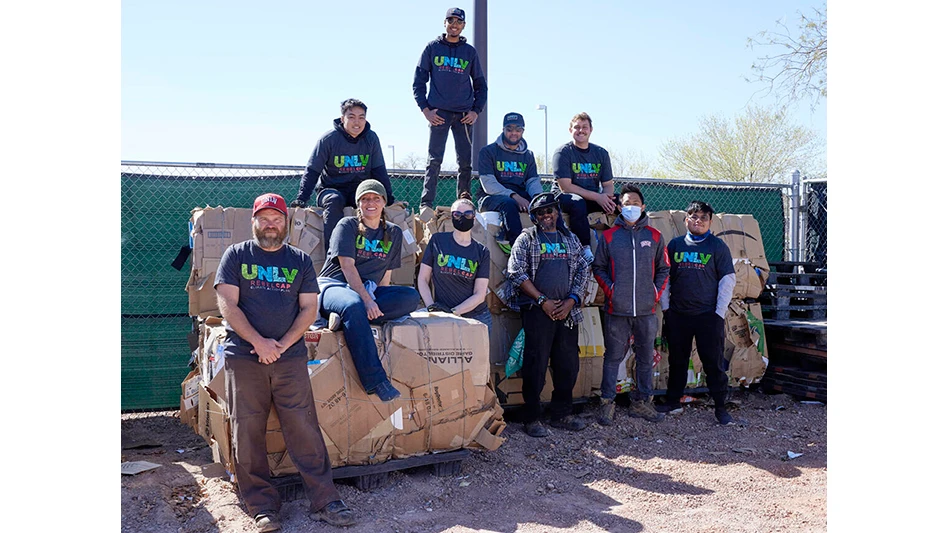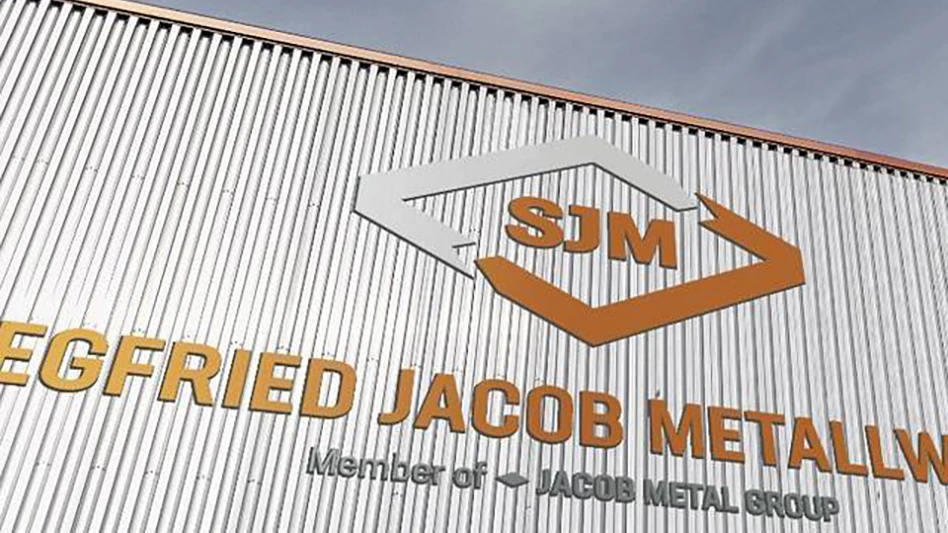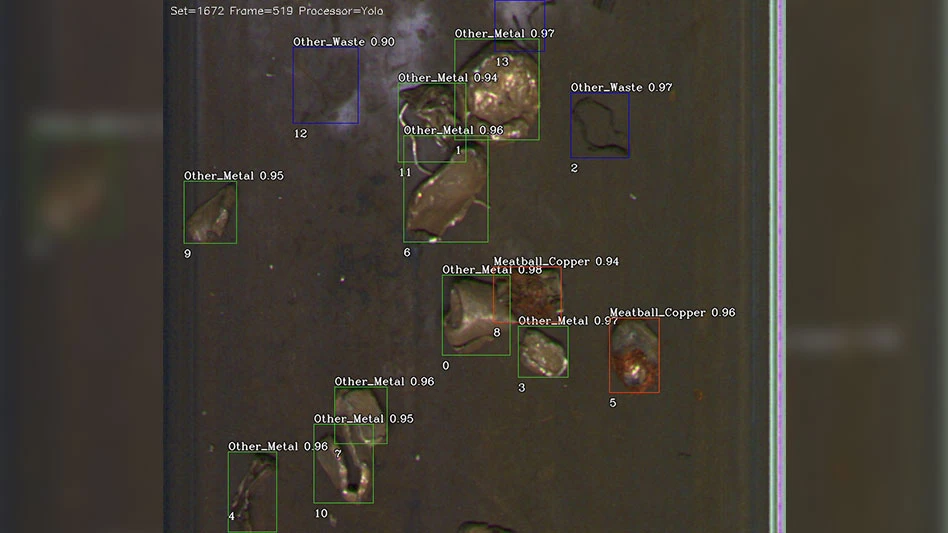
Big River Steel (BRS), Osceola, Arkansas, and Noodle.ai, a San Francisco-based enterprise artificial intelligence (AI) company, have announced a contract intended to make BRS “the world’s first smart steel production facility.”
BRS recently opened its $1.3 billion scrap metal recycling and steel production facility on 1,300 acres in Osceola. The facility is designed to be environmentally resourceful and technologically advanced, according to the company.
“We are a technology company that just happens to make steel,” says Dave Stickler, CEO of BRS.
BRS says it is on a mission to meet the rising demand for high-quality steel while growing a more robust American steel manufacturing industry through technological innovation. The BRS site is bordered on the east by the Mississippi River and on the west by a main line railroad operated by BNSF Railway. In January 2017, the mill’s first full month of production, BRS produced more than 63,000 tons of hot rolled steel.
Noodle.ai says its predictive AI engines, configured on its industrial operations platform, The BEAST (Beast Enterprise AI Super Computing Technology), will help optimize a vast array of functions throughout the mill.
“This mill possesses a rich trove of sensor data for our platform to leverage, allowing us to help unlock breakthrough improvements in areas such as maintenance planning, production line scheduling, logistics operations and environmental protection,” says Stephen Pratt, CEO of Noodle.ai.
Stickler adds, “Our mill is analogous to a driverless car: The first day, the car doesn’t know how to drive itself but the more it drives the more it learns. The AI algorithms will allow the mill to react to production challenges automatically.”
Founded in 2016, Noodle.ai provides what it calls analytics solutions and says it has experience in advanced mathematics, supercomputing technology and management consulting.
BRS recently opened its $1.3 billion scrap metal recycling and steel production facility on 1,300 acres in Osceola. The facility is designed to be environmentally resourceful and technologically advanced, according to the company.
“We are a technology company that just happens to make steel,” says Dave Stickler, CEO of BRS.
BRS says it is on a mission to meet the rising demand for high-quality steel while growing a more robust American steel manufacturing industry through technological innovation. The BRS site is bordered on the east by the Mississippi River and on the west by a main line railroad operated by BNSF Railway. In January 2017, the mill’s first full month of production, BRS produced more than 63,000 tons of hot rolled steel.
Noodle.ai says its predictive AI engines, configured on its industrial operations platform, The BEAST (Beast Enterprise AI Super Computing Technology), will help optimize a vast array of functions throughout the mill.
“This mill possesses a rich trove of sensor data for our platform to leverage, allowing us to help unlock breakthrough improvements in areas such as maintenance planning, production line scheduling, logistics operations and environmental protection,” says Stephen Pratt, CEO of Noodle.ai.
Stickler adds, “Our mill is analogous to a driverless car: The first day, the car doesn’t know how to drive itself but the more it drives the more it learns. The AI algorithms will allow the mill to react to production challenges automatically.”
Founded in 2016, Noodle.ai provides what it calls analytics solutions and says it has experience in advanced mathematics, supercomputing technology and management consulting.
Get curated news on YOUR industry.
Enter your email to receive our newsletters.
Latest from Recycling Today
- RMDAS prices portray November stability
- Toyota, GM announce plant investments
- Greenwave reports loss, seeks to maintain Nasdaq listing
- ERI, ReElement Technologies partnership targets rare earth elements
- Aduro Clean Technologies achieves third-party validation for its technology
- Sortera Technologies receives funding for Tennessee aluminum sorting facility
- EU official backs aluminum scrap export restrictions
- Midwest freight rail shippers to meet next January



